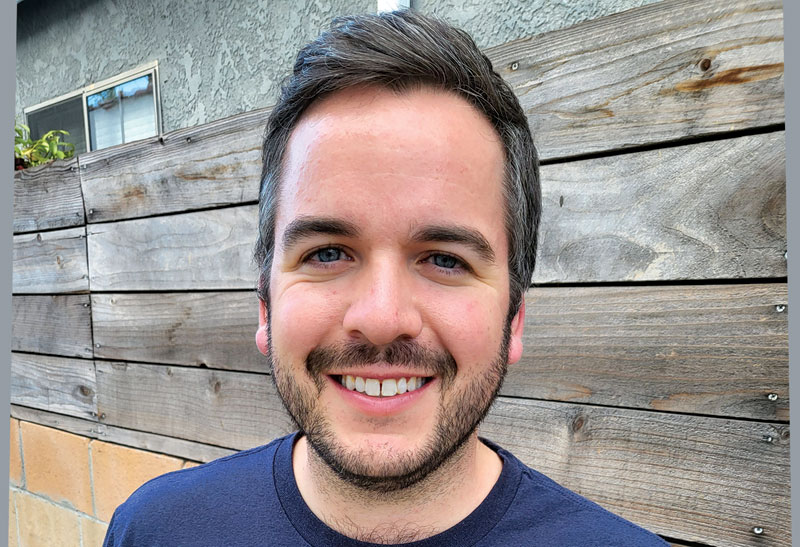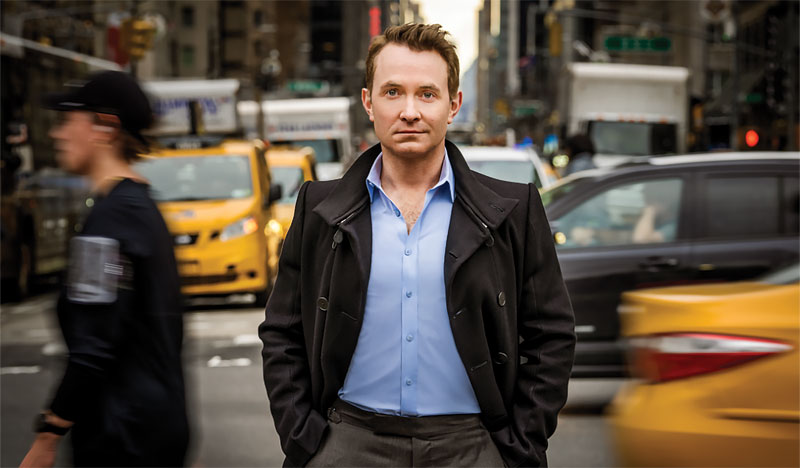It has become axiomatic in certain circles to say that the Conservative movement is at a crossroads as it considers its future.
With the announcement this month of the upcoming retirement of Rabbi Ismar Schorsch, longtime chancellor of the movement’s flagship Jewish Theological Seminary (JTS), elements of that future are now slightly less clear, and may hinge in large part on who is selected to succeed Schorsch.
“I think it’s a turning point,” said Rabbi Neil Cooper, spiritual leader of Temple Beth Hillel-Beth El in suburban Philadelphia. “I think that when the chancellor took over 20 years ago, the challenges facing the seminary and the movement were very different.”
Roundly praised for bolstering what he calls “serious Jewish education” among Conservative Jews, Schorsch is retiring at a time of uncertainty for the movement as a whole.
During his tenure, the number of Conservative day school students jumped, as did the number of students at the seminary, and the seminary established a large graduate school for Jewish education.
Yet, insiders said the movement today is in the throes of an identity crisis, facing dwindling numbers of Americans identifying as Conservative, internal debate over the place of gays and non-Jewish spouses in the fold and difficulties speaking in a unified voice. How the movement resolves such contentious issues will be significantly impacted by the next chancellor.
It seems clear that those charged with choosing a new chancellor would be well aware of candidates’ stands on these issues, and that their selection could be a bellwether for the future direction of the movement.
“I think that the next chancellor is probably going to be addressing those issues more directly,” Cooper said. “All of those kinds of things are pulling at us.”
In a June 15 letter to the JTS community and supporters, Schorsch said he would step down officially on June 30, 2006, approximately 20 years after taking the reins.
“I do so with more than a tinge of sadness, because throughout my tenure, I have found my work deeply fulfilling,” wrote Schorsch, who will be 70 when he retires. “But I decided long ago to step down while still in top form.”
Under Schorsch’s watch, the movement’s camping and day school arms have grown, with 25,000 students currently attending Conservative Schechter Schools and an additional 25,000 Conservative students in community day schools — nondenominational Jewish academies. Conservative students, JTS said, now comprise 25 percent of the national day school population.
The JTS student body also has grown, jumping from 500 students in 1994 to 700 today. The school’s faculty has increased from 90 in 1994 to 120 today.
In 1996, JTS established the William Davidson Graduate School of Jewish Education, which the seminary said is the largest school of its kind in the country. Schorsch further has worked to bolster the Conservative movement’s affiliates in Russia, Argentina and Israel.
He also has raised $500 million in annual campaign dollars and more than $265 million in the school’s capital campaign that ended in 2004.
Under Schorsch “we consistently have strong annual campaigns, a balanced budget and effective financial management,” a seminary spokeswoman said in an e-mail.
That’s despite news reports that emerged in December indicating that JTS was in debt and was selling off buildings and instituting a hiring freeze to cover loans. JTS denies it froze hires, and continues to maintain that its financial position is strong.
As JTS’ vice chancellor for institutional advancement, Rabbi Carol Davidson often is on the road with Schorsch, raising money for the school. Although he is 20 years her elder, she said, when she’s tired after a day of strenuous fundraising, Schorsch still has the strength to debrief and analyze the day’s events.
That’s indicative not only of his “boundless energy,” but also his “laser vision about just how important serious support of the institution is,” she said.
Since its inception, the Conservative movement has walked a fine line between adhering to Jewish law and embracing modernity and a modern approach to religious observance. Schorsch, for his part, often has come down on the side of tradition, a stance that has not been without controversy.
“It’s much easier to join a movement that doesn’t have norms,” he said in a recent interview. “The challenge of Conservative Judaism is to be in and of the world without surrendering the importance of norms and boundaries.”
Among these boundaries is the movement’s policy precluding the ordination of openly gay rabbis and against allowing its rabbis to officiate at same-sex weddings. Some have said privately that it was unlikely these policies would be changed as long as Schorsch was at the seminary’s helm.
Schorsch, for his part, dismisses the argument.
“I don’t exaggerate my influence,” he said. “I think I’ve been a voice. I’m not sure I’ve been a determinative voice. The debate will continue.”
In March, the Committee on Jewish Law and Standards of the movement’s rabbinic arm will meet to examine several teshuvot, or responsa, on the place of homosexuality in the Conservative movement. Those with knowledge of the committee’s workings say it could pass teshuvot both in favor of and opposing an easing of the movement’s restrictions on homosexuality.
A teshuva that garners a certain threshold of votes can be deemed an acceptable point of view by the committee, even if another responsa gets a majority of the votes.
In such a case, they said, the new chancellor will play a significant role in determining which teshuva to rally around and, by extension, how the movement approaches the issue in the future.
The role of women in the rabbinate may be another area in which a new chancellor could make strides, observers said. Conservative women rabbis are paid less than their male counterparts, occupy fewer senior positions and are more likely to be unmarried, according to a movement survey.
A new JTS head could work to ensure that those arenas that are supposed to be egalitarian “are truly egalitarian,” said Rabbi Bradley Shavit Artson, dean of the Ziegler School of Rabbinic Studies at the University of Judaism in (UJ) Los Angeles, the movement’s other main seminary — and could work to move gender issues into the public eye.
“I think that the new chancellor can continue to work on issues of halachic pluralism,” he added.
Conservative leaders said Schorsch’s commitment to educating Conservative Jews has borne fruit.
“What Schorsch has done incredibly well is build the seminary into a first-rate academic institution,” said Rabbi Elliot Dorff, a professor at the UJ.
Compared to his student days at the seminary in the 1960s, Dorff — who was a visiting teacher at the seminary in 1999-2000 — said JTS is “a better place to learn and teach, both for students and faculty,” something he called an “incredible achievement.”
“I think a new chancellor would hopefully build on that base academically, but may also be able to help to coordinate the arms of the movement more effectively,” he said. “One of the things we have lacked is some kind of a structure for the movement to speak as a movement. That, at least, has not happened to this point, although there have been attempts. It was not that Chancellor Schorsch didn’t try.”
Schorsch for his part, said he doesn’t envision a lame-duck year as he prepares to step aside. He hopes to raise “more money that ever” this year, and to continue pushing “the agendas I’ve been pushing.”
Above all, he said, “I’d just like to bring the plane in for a safe landing.”





















 More news and opinions than at a Shabbat dinner, right in your inbox.
More news and opinions than at a Shabbat dinner, right in your inbox.